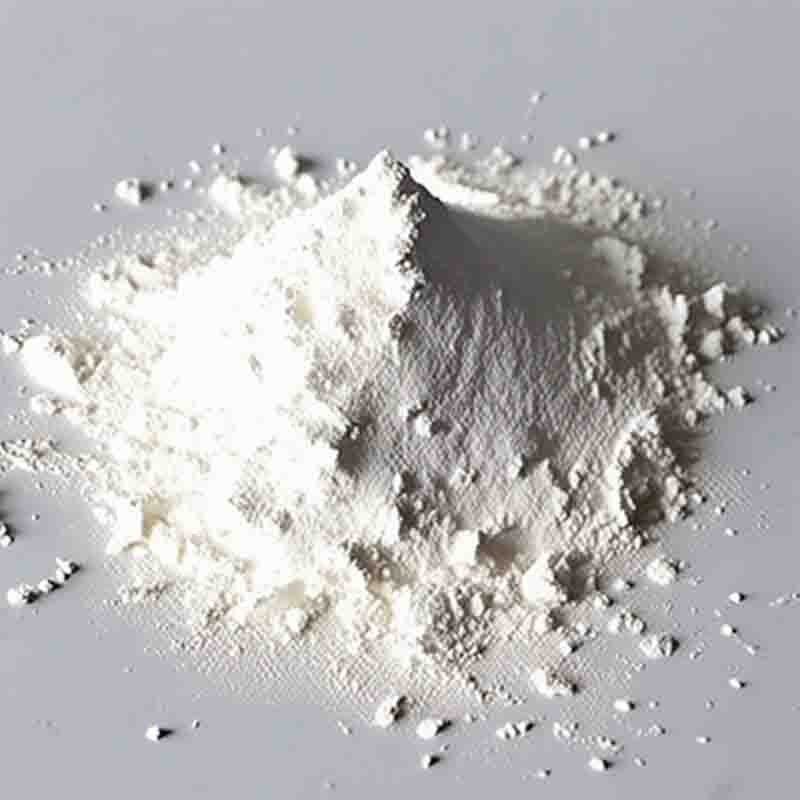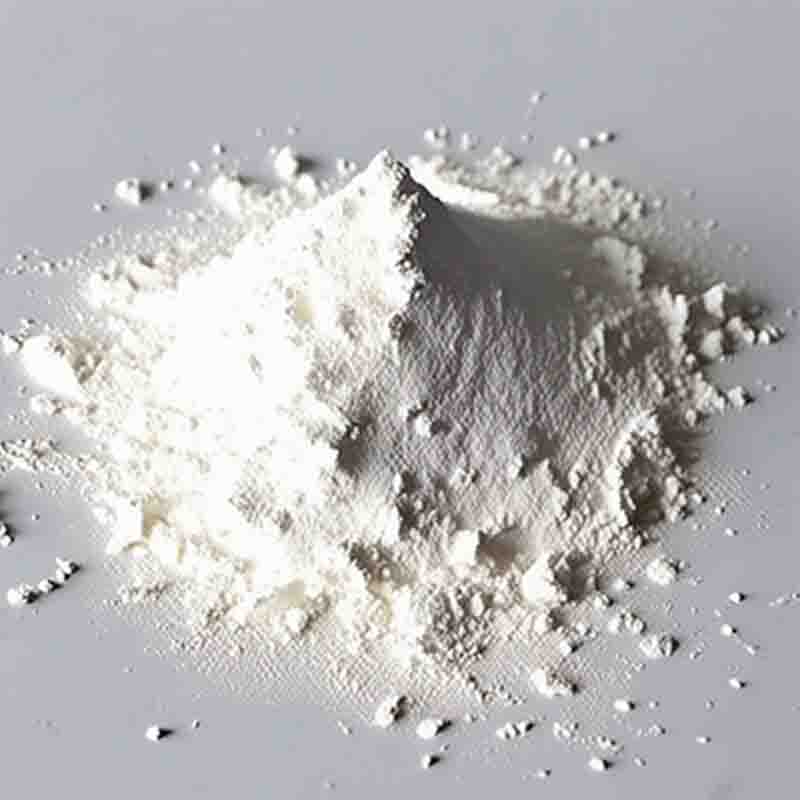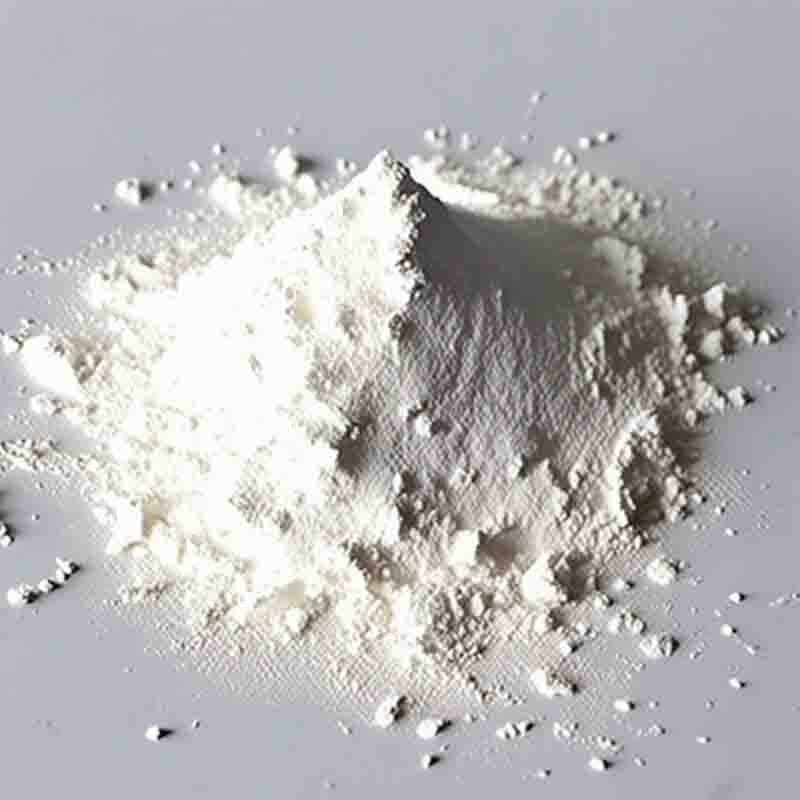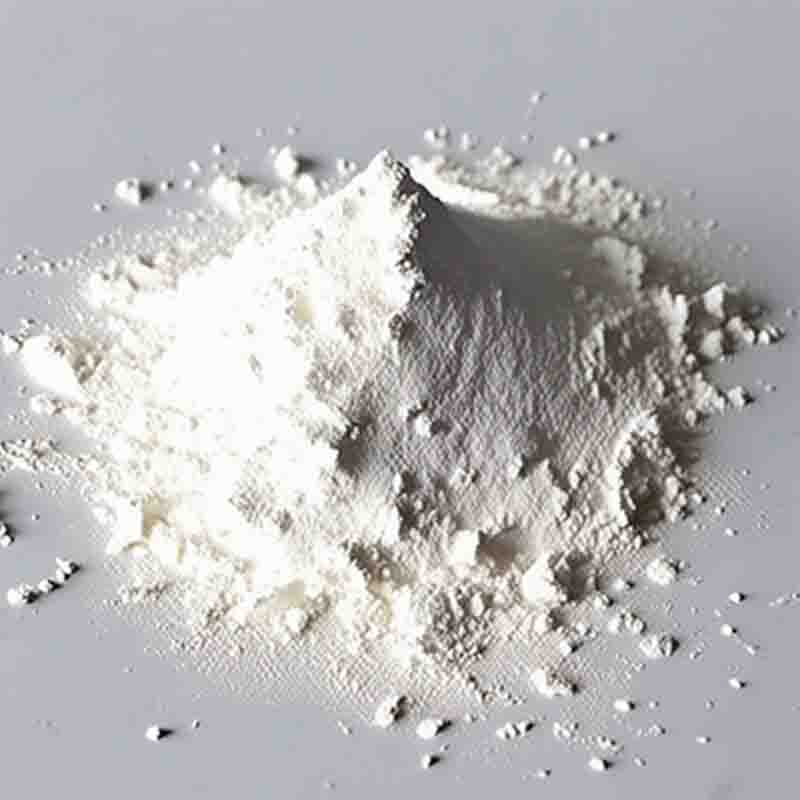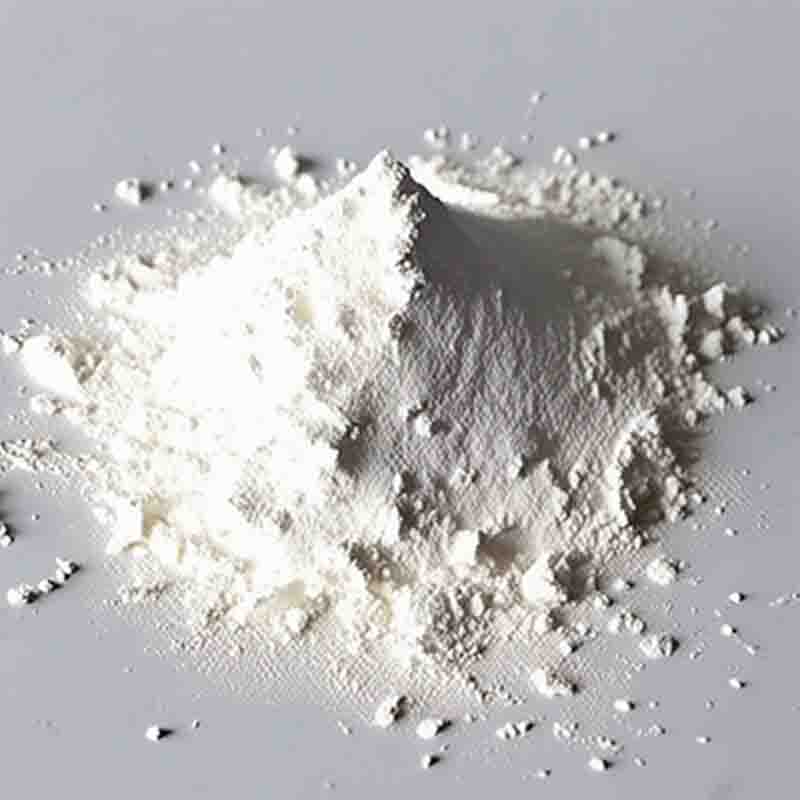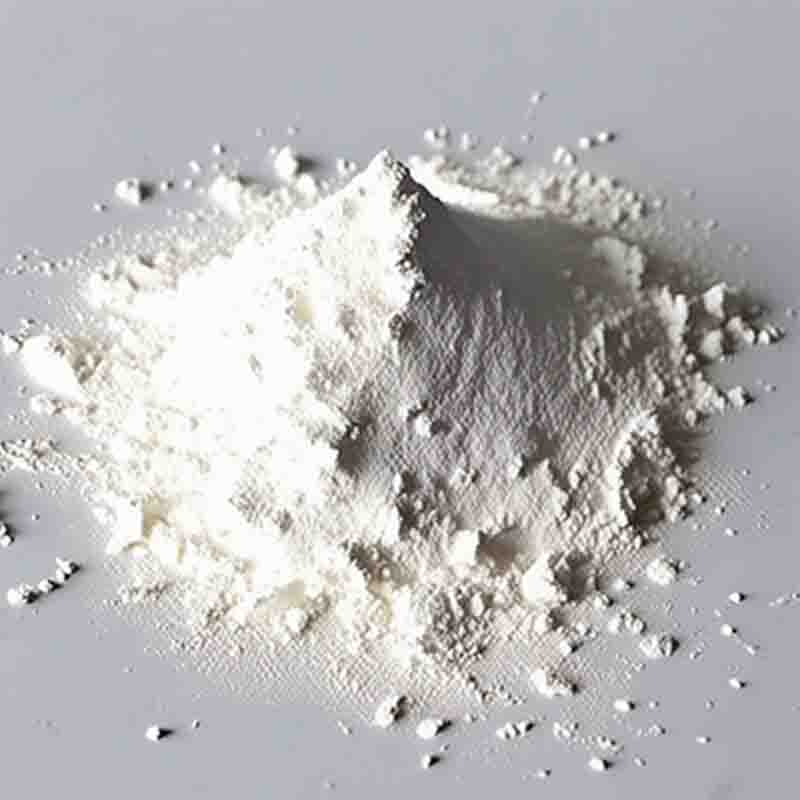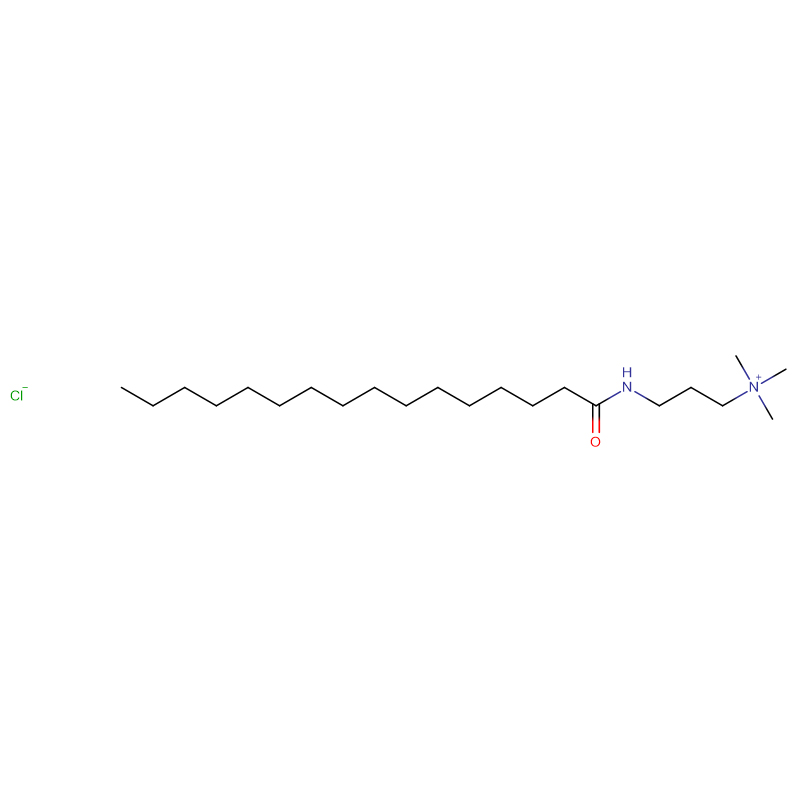Lithium triflate CAS: 33454-82-9
| Catalog Number | XD93596 |
| Product Name | Lithium triflate |
| CAS | 33454-82-9 |
| Molecular Formula | CF3LiO3S |
| Molecular Weight | 156.01 |
| Storage Details | Ambient |
Product Specification
| Appearance | White powder |
| Assay | 99% min |
Lithium triflate (LiOTf) is a chemical compound composed of lithium cations and trifluoromethanesulfonate (OTf) anions. It is a white crystalline solid that is highly soluble in polar solvents such as water and alcohols. Lithium triflate has a wide range of uses in various scientific and industrial applications.One of the key uses of lithium triflate is as a catalyst and co-catalyst in organic synthesis. It has a unique ability to activate and promote various reactions, including carbon-carbon bond formation, oxidation, and rearrangement reactions. Its high Lewis acidity makes it an effective catalyst for a wide range of transformations. In addition, lithium triflate can be utilized as a co-catalyst in combination with other transition metal catalysts to enhance their reactivity and selectivity. This makes lithium triflate an important reagent in the synthesis of pharmaceuticals, natural products, and fine chemicals.Lithium triflate is also employed as an electrolyte in lithium-ion batteries. It serves as a conducting medium between the cathode and anode, allowing for the flow of lithium ions during charging and discharging cycles. Its high electrical conductivity, low viscosity, and good thermal stability make it an ideal choice for high-power and high-energy-density batteries. Lithium triflate enables the efficient and reliable operation of lithium-ion batteries, which are extensively used in portable electronic devices, electric vehicles, and renewable energy storage.Another significant application of lithium triflate is in polymer science. It is used as a co-catalyst or initiator in the polymerization of various monomers, such as ethylene, propylene, and Cyclic Olefin Copolymers (COCs). Lithium triflate helps to control the molecular weight, stereochemistry, and microstructure of the resulting polymers. It also offers improved control over the polymerization reaction, leading to higher yields and enhanced properties in the final polymer products.Furthermore, lithium triflate finds applications in supercapacitors, where it acts as an electrolyte to facilitate the storage and rapid release of electrical energy. Its high ionic conductivity and good stability under high voltage conditions make it suitable for enhancing the performance of supercapacitor devices.It's important to mention that lithium triflate is a highly reactive compound and should be handled with care. Safety precautions, including the use of appropriate protective equipment and adherence to handling procedures, should be followed.In summary, lithium triflate is a versatile compound with diverse applications. It is widely used as a catalyst in organic synthesis, an electrolyte in lithium-ion batteries, a co-catalyst in polymerization reactions, and an electrolyte in supercapacitors. Lithium triflate's unique properties make it a valuable reagent in advancing various scientific and industrial fields.


